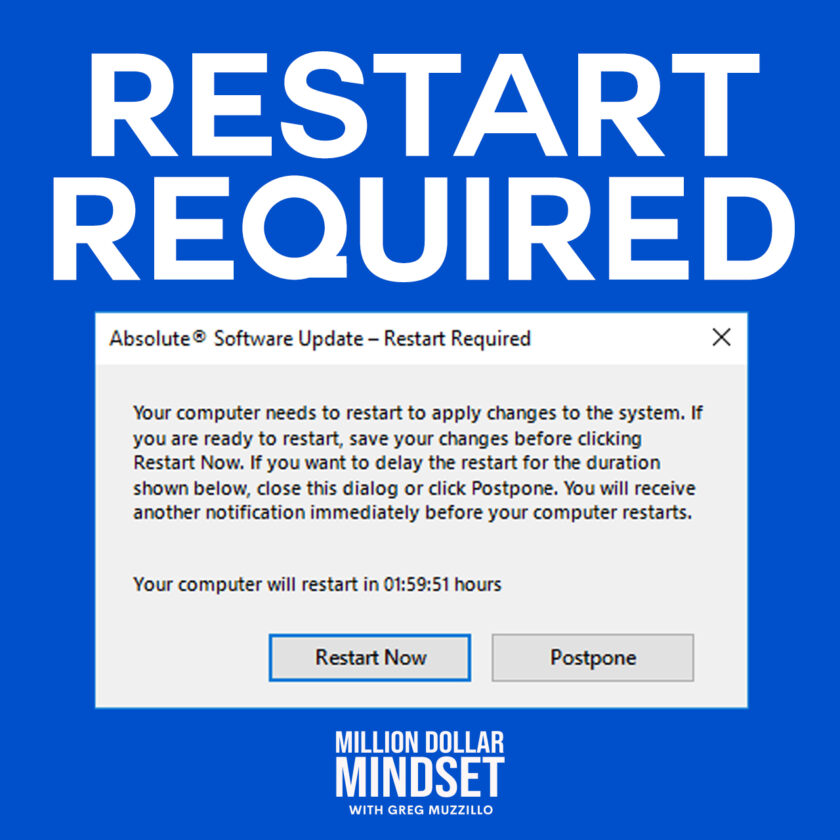The American Apparel & Footwear Association (AAFA) sent a letter to Alibaba’s executive chairman last week, calling for major changes after having what the group called “unproductive conversations” regarding the removal of counterfeit items from its websites for the past four years. Even singer Taylor Swift is trying to rid Chinese e-commerce sites of her unauthorized products that range from perfume to autographed guitars bearing her name or likeness.
AAFA, which represents more than 1,000 clothing, shoe and lifestyle brands, sent letters to the U.S. Securities and Exchange Commission and the Office of the U.S. Trade Representatives in April, following stalled talks with Alibaba. AAFA estimates intellectual property theft on the U.S. fashion industry totaled $68 billion in 2013. Juanita Duggan, AAFA CEO and president, demanded a more transparent plan that is driven by certified brand owners in the letter sent last week.
“We are asking for Alibaba to begin addressing counterfeits in a manner that is transparent, comprehensible and fast,” she said in the letter. “We are asking for Alibaba to create a process whereby Alibaba removes counterfeits quickly at the request of certified brands.”
Swift has found a different way to combat them: launch her own brand exclusively with China’s biggest e-commerce sites, JD.com and Alibaba, according to The Wall Street Journal. JD.com and Alibaba’s Tmall will carry Swift’s official $60 T-shirts, starting Aug. 8. A women’s collection, with items priced between $100 and $120, will follow in September on JD.com. Each product will contain an anti-piracy hang tag to prove authenticity.
While Swift is working with Alibaba, the company could not comment on the AAFA letter as it hadn’t received it yet, according to The Wall Street Journal, but a spokesman noted the company uses technology, like data mining, to rid counterfeits from its platforms.
“We work closely with our government partners, brands and industry associations to tackle this issue at its source,” an Alibaba spokesman told the newspaper.
Duggan countered that stance in her letter.
“No one understands Alibaba’s process–it is obviously flawed,” she said. “What Alibaba has in place is slow, unclear, cumbersome and full of barriers. The ultimate metric is whether counterfeits on the sites are permanently removed, and right now, they are not. On any given day, a simple search of a brand will yield hundreds, if not thousands, of results at alarmingly low prices—a giveaway that the products are fake.”
Heritage66Company, a branding company working with Swift on this endeavor, has estimated Alibaba’s platform, Taobao, has sold millions of counterfeit Swift merchandise, such as Swift Keds sneakers for about $11, Swift watches and cellphone covers for about $10 and pollution masks with Swift’s image for about $1.30 each, according to The Wall Street Journal.
“We could see how much people sold on the site, and it was a daunting number,” said Mark McDonald, CEO of Heritage66Company.
However, it remains difficult to control one’s brand in China. Benjamin Bai, a partner in the Shanghai office of law firm Allen & Overy LLP, told The Wall Street Journal that Chinese trademark law favors whoever files first. Therefore, Swift—whose name, in China, has nine registered trademarks, including three that don’t belong to her—could infringe on someone else if she were to sell an item, such as branded bathing suits, purses, hats, shoes or infant one-pieces, not registered to her.
“So even though you may be internationally famous, if I’m the owner of your name in China, you can’t get me,” Bai said.



